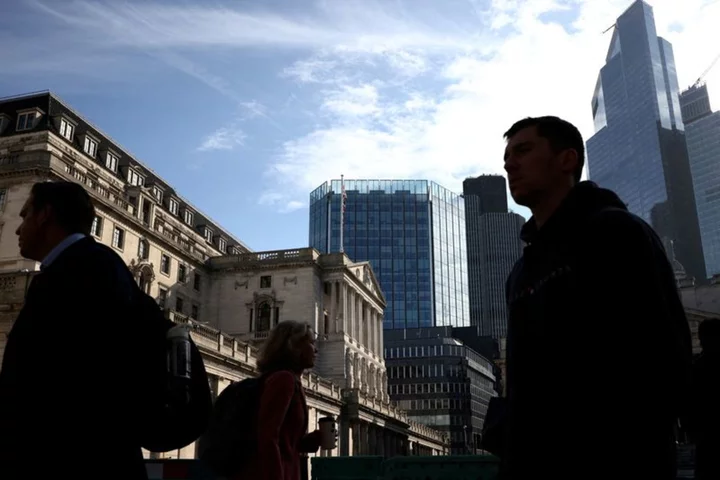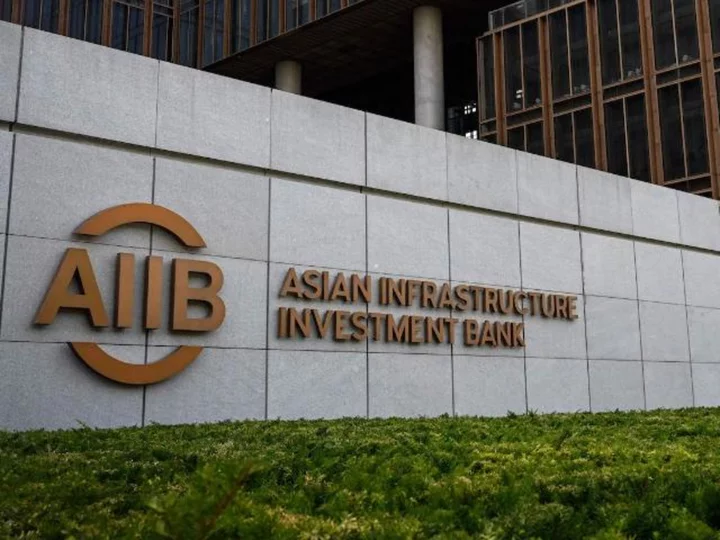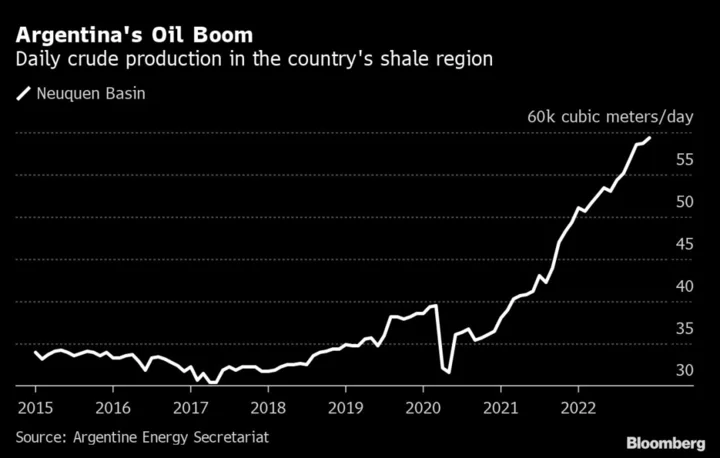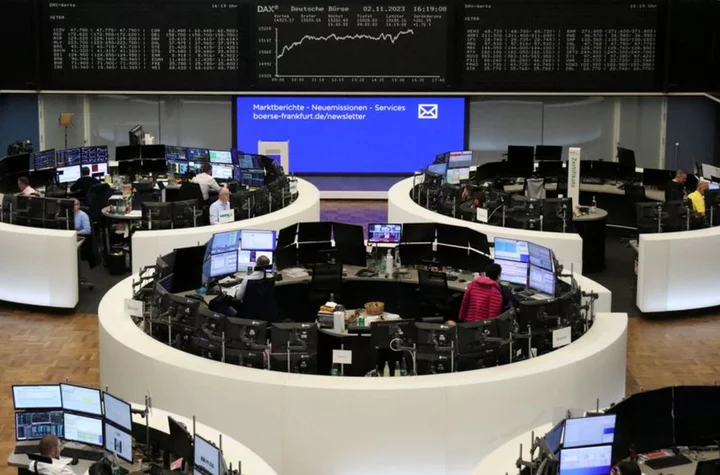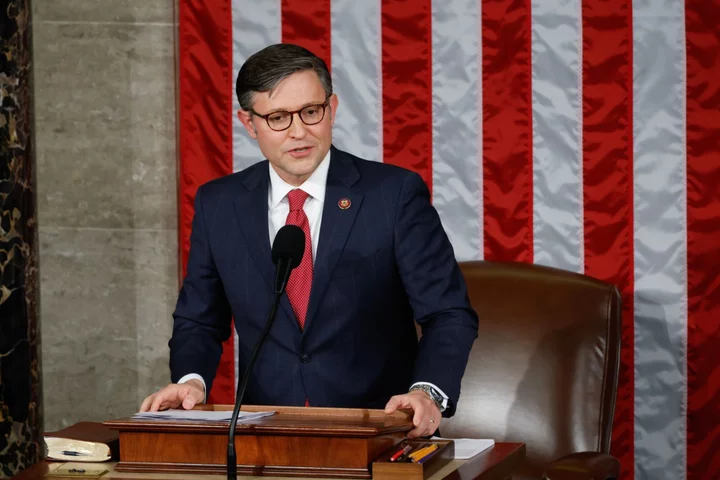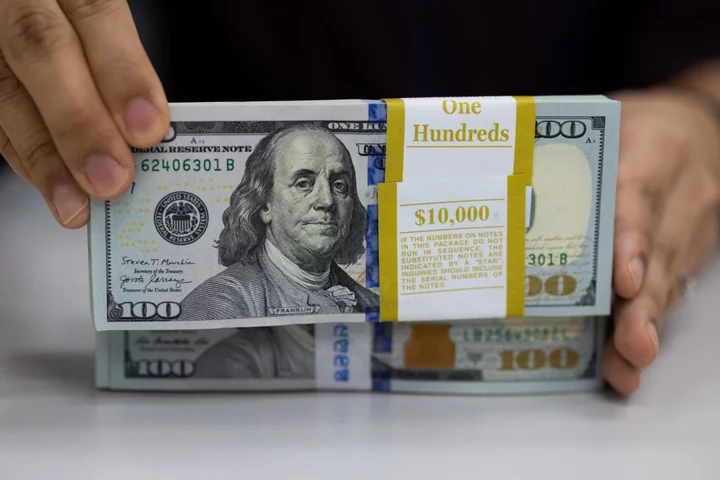By Yoruk Bahceli and Dhara Ranasinghe
LONDON Investors on Wednesday ramped up bets on the Bank of England raising interest rates by a hefty half a percentage point on Thursday as inflation failed to fall in May, sending Britain's two-year borrowing costs to a fresh 15-year.
Inflation defied expectations that it would slow and held at 8.7% in May, making British inflation the highest of any major economy once again.
Following the data, traders see Thursday's interest rate decision nearing a coin-toss, pricing in a roughly 40% chance of a 50 basis-point (bps) increase to 5%, up from 25% chance on Tuesday. A more conventional 25 bps hike is now seen as a 60% probability.
That threw a new curveball at UK markets, as just last week economists polled by Reuters had unanimously expected the BoE to raise by 25 basis points.
The yield on two-year British government bonds - which are the most sensitive to interest rate expectations - hit its highest since 2008 at 5.117%, before easing to 5.02%, last up 8 bps on the day.
"Today's figures overshot the last set of Bank of England staff forecasts," said Melanie Baker, senior economist at Royal London Asset Management.
"There was already a case for them going 50 bps and the data today supports that case. I would not be surprised if we see a 50-bp rate rise from the Bank of England tomorrow."
Wednesday's renewed jump in UK bond yields adds to this month's pain, as the stubbornness of price pressures keeps taking investors and policymakers by surprise.
Two-year gilt yields are up 70 basis points this month, far more than German and U.S. peers and on track for their biggest monthly jump since last September, when the "mini-budget" crisis sparked a rout across UK markets that made Liz Truss Britain's shortest-serving prime minister of modern times.
Other analysts said delivering a larger rate rise on Thursday risked further undermining the BoE's messaging.
"Policymakers will face a tricky choice. A reacceleration in the hiking cycle by the MPC tomorrow risks confirming to markets that the BoE has indeed lost control," said Nick Rees, FX market analyst at Monex Europe.
Those sharing the view expect that, rather than a big move on Thursday, the BoE will refrain from pushing back against the additional future rate rises traders are now pricing in.
Bets on where BoE rate hikes might peak rose as high as 6% on Wednesday.
"The likelihood is more that they hike further into the future rather than increase the increment," said Richard McGuire, head of rates strategy at Rabobank.
Sterling, which is up 2% against the dollar this month supported by bets on higher rates, wobbled following the data. It briefly jumped to $1.2803 but was last down 0.4% to $1.2714.
The rise in yields hit UK housebuilders, which were down as much as 3.1%. They were among Wednesday's biggest fallers across European equity markets, as the jump in borrowing costs fed concerns about rising mortgage costs.
The domestically focused FTSE 250 index fell as much as 0.9% to its lowest level in around 11 weeks, while the FTSE 100 fell as much as 0.6%.
"The BoE looks like the most likely to overtighten and force recession which is a negative for sterling and stocks," Rabobank's McGuire said.
(Reporting by Yoruk Bahceli, William Schomberg, Dhara Ranasinghe and Danilo Masoni; Writing by Yoruk Bahceli and William Schomberg; Editing by Alun John and Peter Graff)

